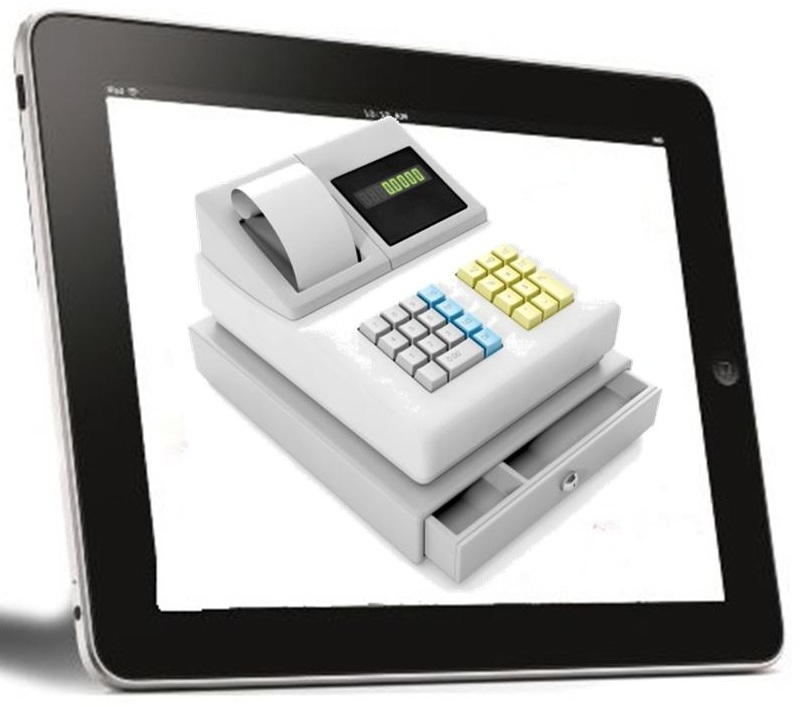

SeeWhy Inc. has released the results of its latest research, which have shown that over mobile, 75 percent of conversions come from t-commerce, whereas only the remaining 25 percent come from smartphone shoppers.
The marketing vendor suggests that this will make it important for retailers to retarget their mobile strategies.
The SeeWhy study included the examination of 21 million unique transactions that occurred through its approximately 2,500 retailer clients. Furthermore, this data was supported by an additional survey held by the firm, which included the participation of 11,616 American adult consumers.
The mobile and t-commerce survey asked participants regarding their purchasing behaviors.
What it found from the results of both different studies, was that mobile has a definite split in the types of consumers that it provides: smartphone and t-commerce. This, according to the chief strategy officer and founder of SeeWhy, Charles Nicholls. He explained that “What people do with a smartphone is fundamentally different than what they do with a tablet.”
Nicholls also pointed out that “There are three times more conversions on tablets than smartphones. Tablets are where the action is.” For that reason, the survey results suggest that retailers and other merchants may consider shifting their focus to help to make themselves more appealing specifically over t-commerce.
In order to identify the smartphone and t-commerce patterns, the company examined the daily conversion activities over mobile devices. It found that throughout the day, the activity over smartphones was relatively static, and that there wasn’t much of a pattern to be observed. However, it noted that this was strikingly different in the case of tablets.
Nichols pointed out that the activity over t-commerce experiences a strong variance throughout the day. He said that in the evening, as people get home from work, the conversion rates spike considerably. While smartphones are used all day long, tablets are “a recreational device.” This helps to explain why the survey conducted by SeeWhy showed that 56 percent of tablet owners use their devices most frequently at home.